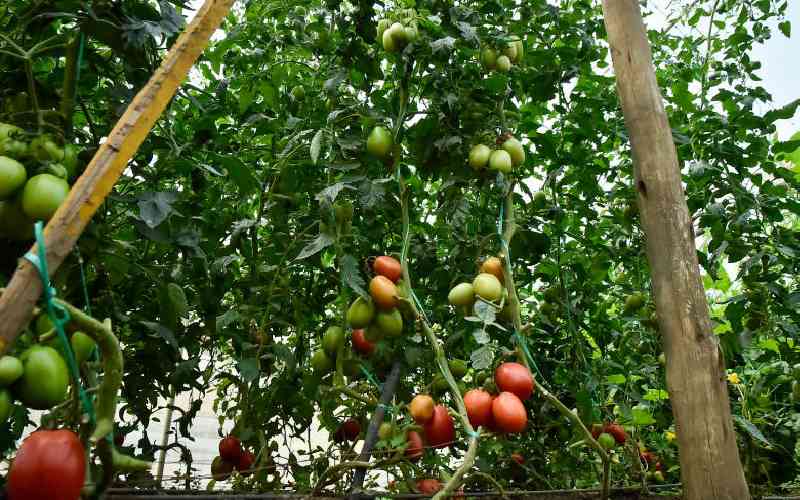×
The Standard e-Paper
Smart Minds Choose Us

Farming need not be a gamble or merely a subsistence activity after all else has failed. Instead, Kenyan farmers should fairly predict the outcome of their venture and make a decent living from it.
That was the overarching message during the 4th National Agriculture Summit at the KICC in Nairobi this week. The two-day summit brought together farmers, private sector players and government officials under the theme, Embracing Sustainability: Innovations, Research and Competitiveness in Agriculture.